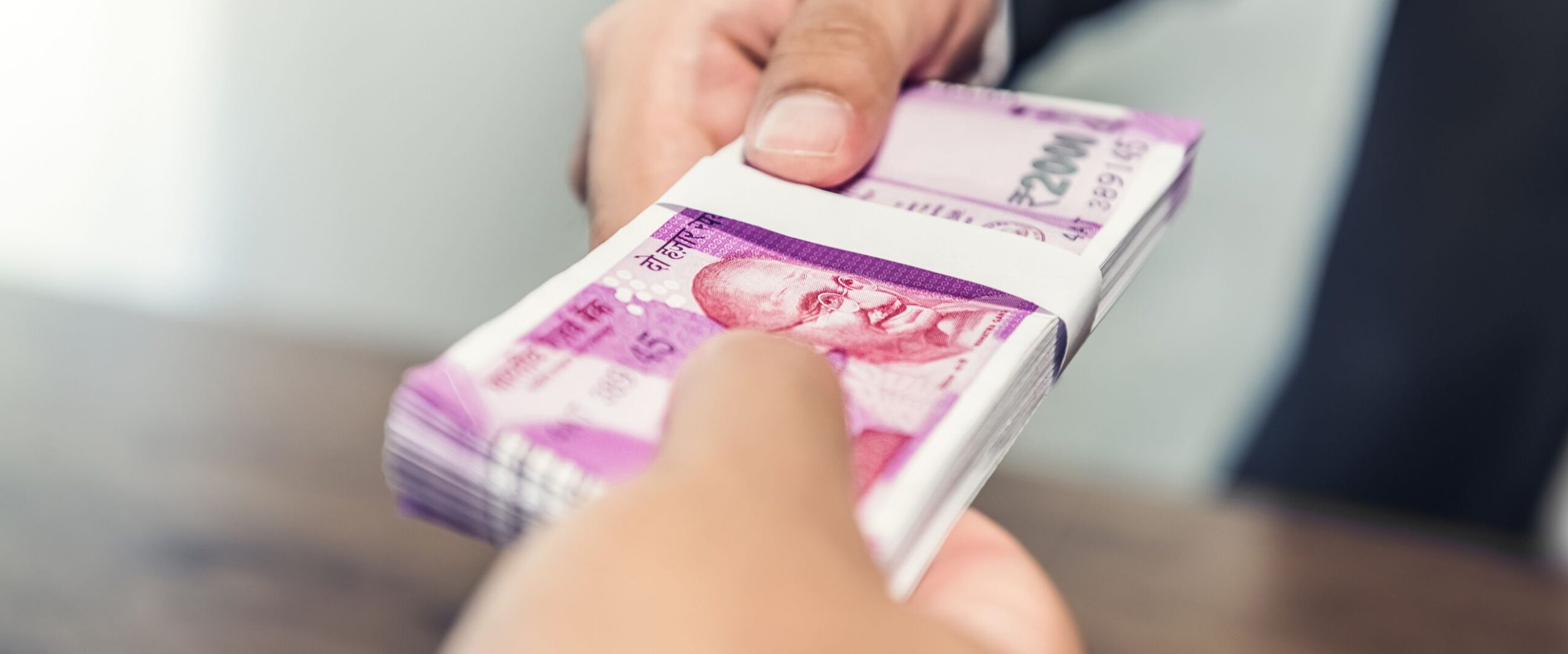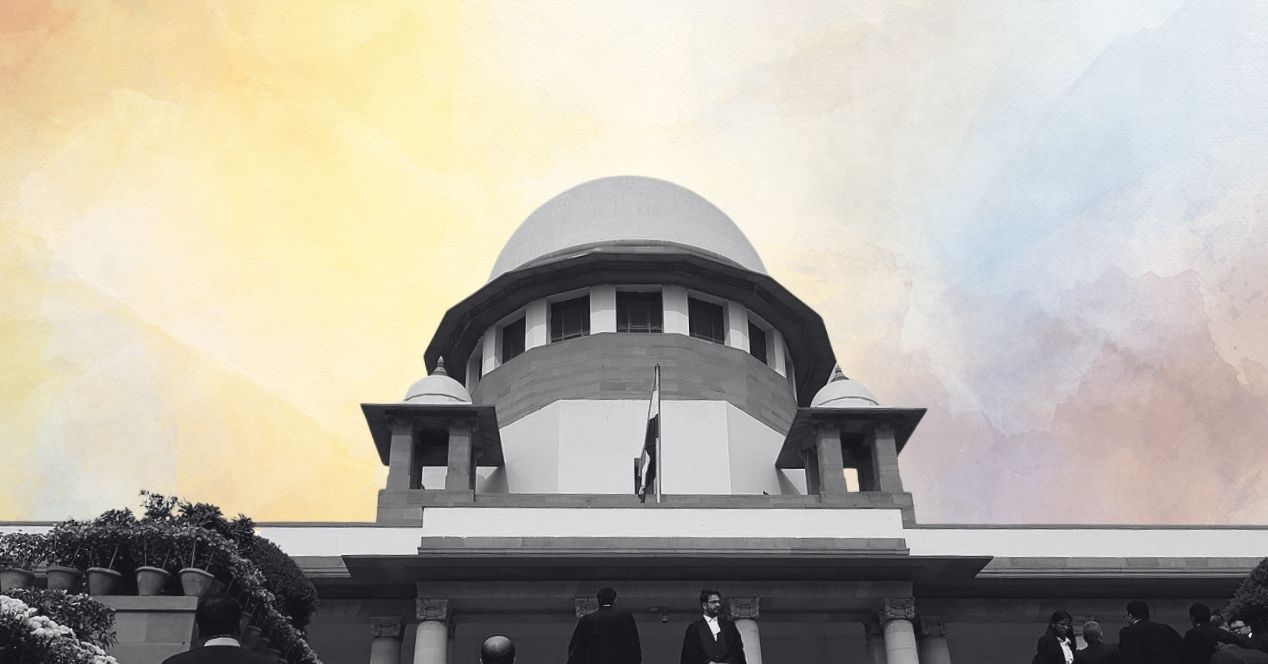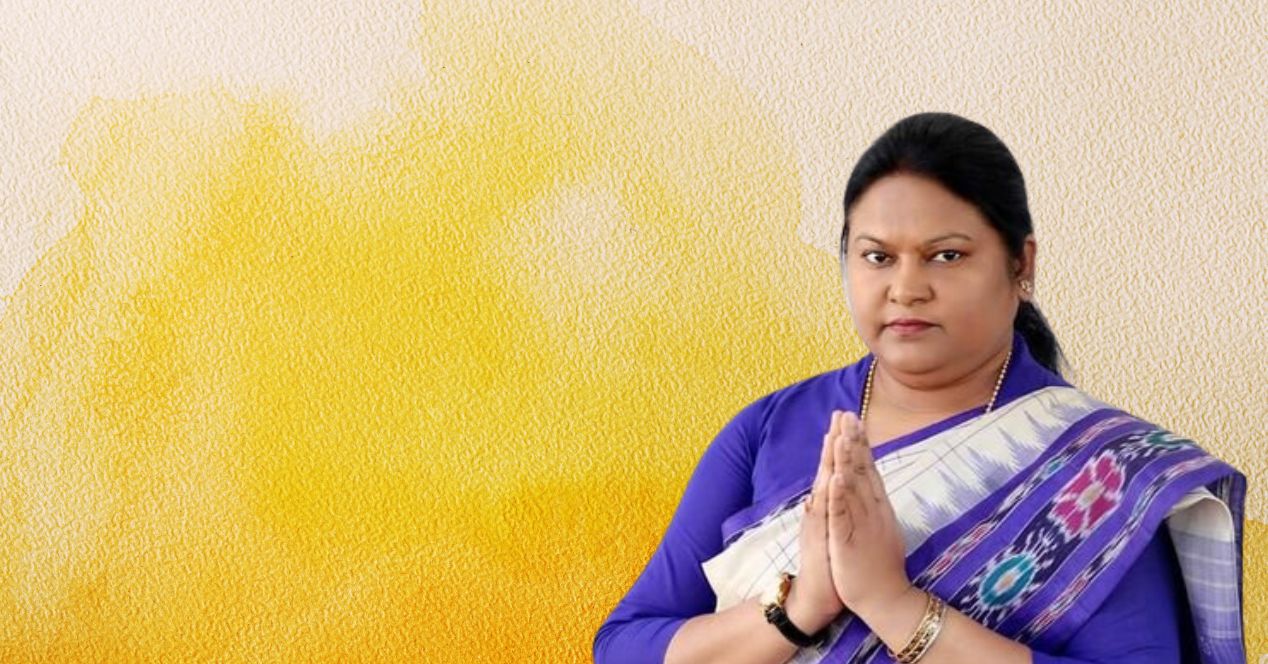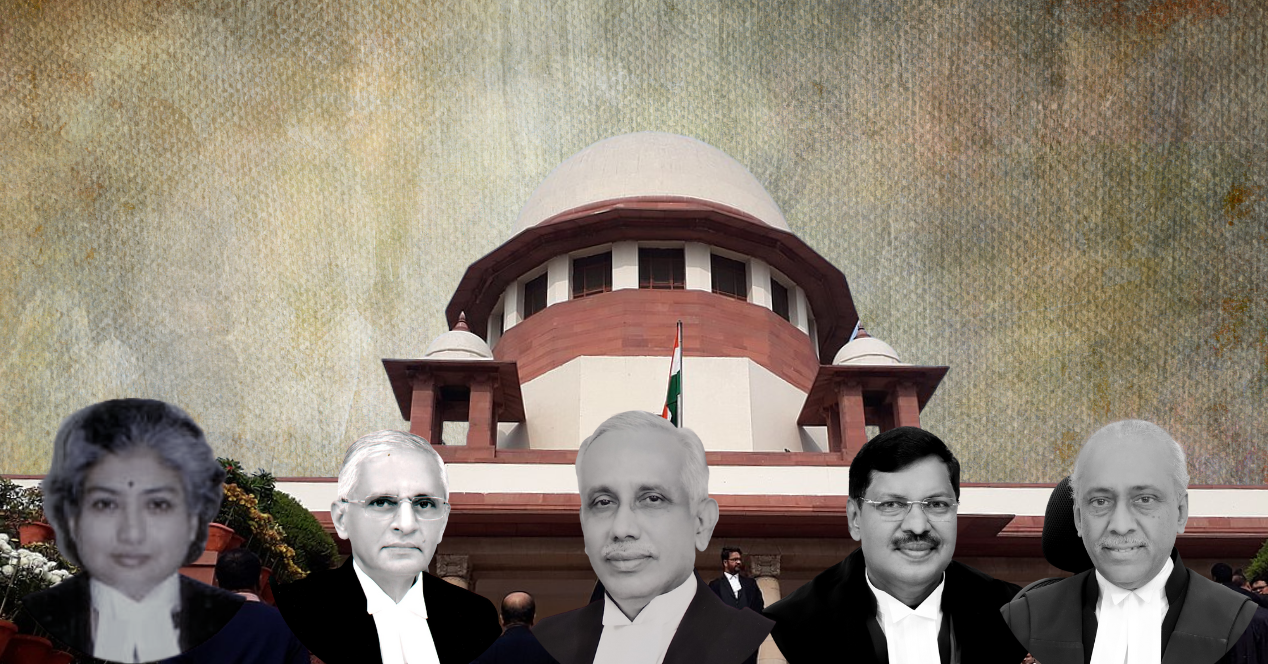Analysis
Undoing an absurdity
The Supreme Court’s decision in the Sita Soren case overrules a 26-year-old judgement on the extent of legislative immunity

On 20 September last year, a case on parliamentary immunity for lawmakers charged with bribery came up for directions. Senior Advocate Gopal Sankaranarayanan argued that the Court’s precedent on the issue presented a constitutional ‘absurdity.’
The precedent he was referring to was the Court’s 1998 decision in P.V. Narasimha Rao v State. A 3:2 majority had held that lawmakers who cast a vote in Parliament based on a bribe they received were protected from criminal prosecution. Sankaranarayanan then went on to explain the ‘absurdity’:
“…If I were to take a bribe and then have second thoughts—a prick of conscience—and I decide not to vote as the bribe has demanded, I would not have my immunity. But if I were a good boy and I acted as per the bribe and I went and voted in accordance with that, I would suddenly be immune.”
In 1993, Narasimha Rao’s government was facing a no-confidence motion in Parliament. With 251 MPs from his party, Rao was 13 votes short of a majority in the 528-member Lok Sabha. Oddly, his government survived the motion. A year later, reports emerged that Sibhu Soren, head of the Jharkhand Mukti Morcha (JMM) and several others had received bribes to vote to defeat the no-confidence motion. Ajit Singh of the Janata Dal had allegedly received a bribe to abstain.
The Court had to decide whether these MPs enjoyed immunity under Article 105(2), which states that a legislator shall not be liable “to any proceedings in any court in respect of anything said or any vote given by him in Parliament.” (Article 194(2) offers the same immunity to MLAs.)
The majority ascribed a broad meaning to the phrase “in respect of” and held that MPs were protected from all civil or criminal proceedings that have even a remote connection with their vote or speech in Parliament. Since Ajit Singh did not cast a vote, this protection was not extended to him.
“We are acutely conscious of the seriousness of the offence,” Justice Barucha wrote for the majority. Despite acknowledging that the MPs had “bartered the solemn trust” of their constituents, the Court held that the lawmakers were “entitled to the protection that the Constitution plainly affords them.”
Fast-forward to 2012. JMM made an appearance again. One of its MLAs, Sita Soren—Sibhu Soren’s daughter-in-law—was accused of receiving a bribe to vote for an independent party in the Rajya Sabha elections. Ultimately, she voted for a member of her own party. She claimed immunity under Article 194(2). The Jharkhand High Court relied on Narasimha Rao to dismiss her plea. Justice R.R. Prasad held that not voting at all (like Singh in ‘93), and not voting as per the condition of the bribe (like Soren in 2012) were both instances where immunity could not be extended. In both instances, he said, there was no nexus between the bribe given and the act in the House.
Aggrieved, Soren moved the Supreme Court in 2014. Nine years later, in October 2023, a seven-judge Bench revisited the correctness of the 1998 judgement for two days (read our hearing reports here and here). This Monday, the Court pronounced its decision overruling Narasimha Rao. The Bench clarified that “the offence of bribery is agnostic to the performance of the agreed action and crystallizes based on the exchange of illegal gratification.”
They found that Narasimha Rao led to a “paradoxical outcome” as it created an “artificial distinction” between those who receive the bribe and perform their end of the bargain and those who receive the same bribe but do not carry out the agreed task.
Monday’s judgement is being celebrated as a solution to cash-for-votes trade in the legislature. The Prime Minister even tweeted to say that it will ensure “clean politics and deepen people’s faith in the system.”
However, recognising the absurdity in Narasimha Rao is not the result of years of constitutional reflection. Criticism of the judgement has invariably been stinging and straightforward. In 2006, the lawyer and scholar A.G. Noorani wrote that “in the nearly half a century of its existence, few rulings of the Supreme Court incurred such odium and so deservedly than that so merrily handed down on 17th April 1998.”
So whether or not this rectification of the absurdity “ensures clean politics” in 2024, there is some closure to be had in knowing that a legal paradox can be undone even if it takes almost 26 years to get to it.
This article was first featured in SCO’s Weekly newsletter. Sign up now!




